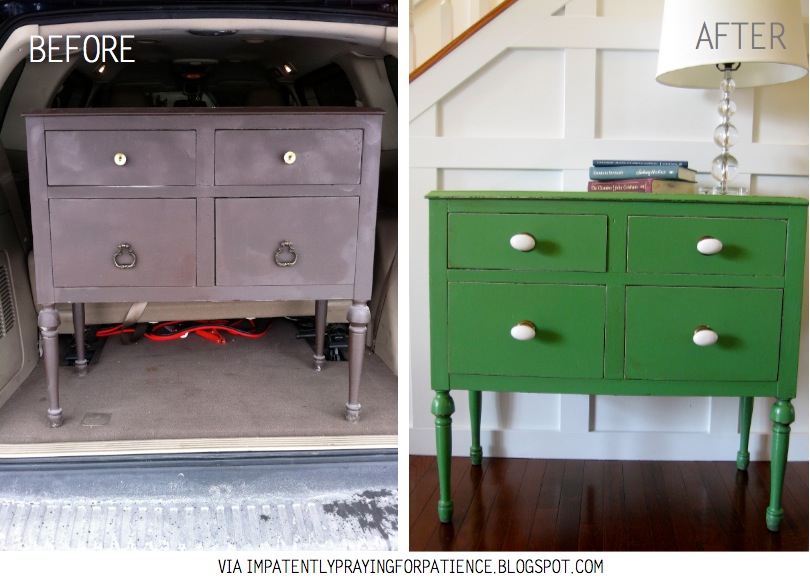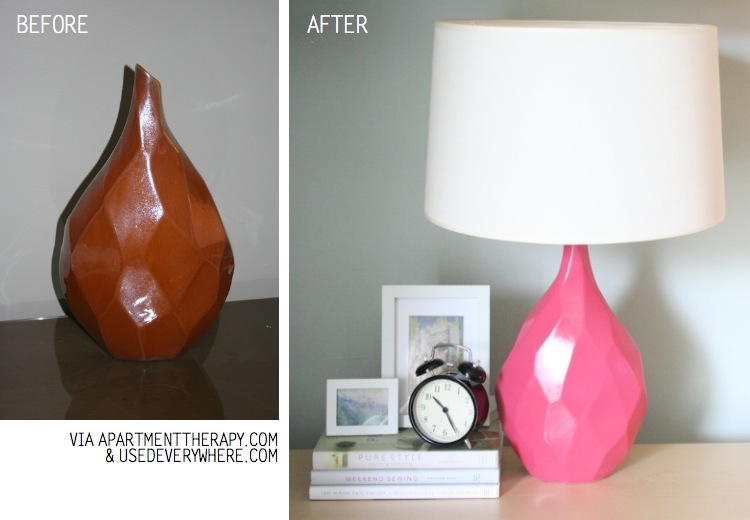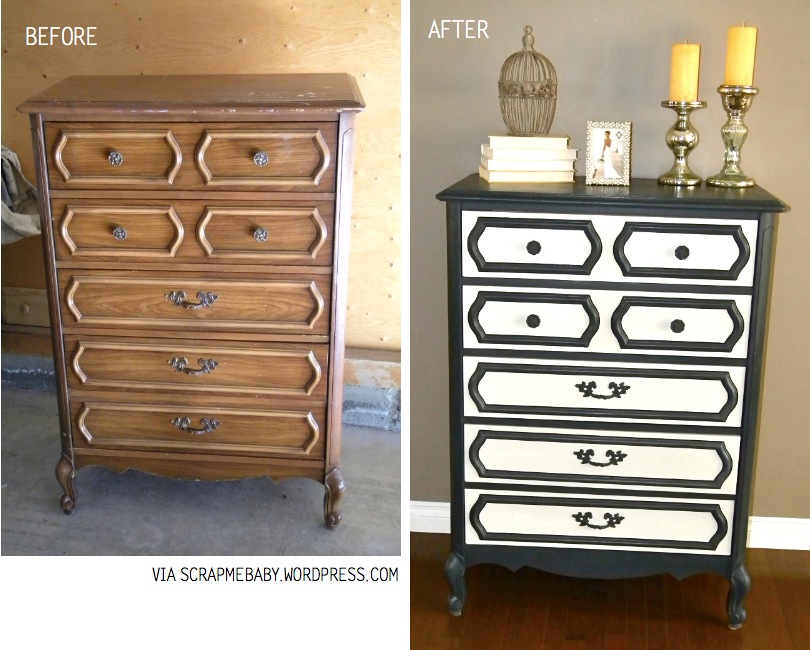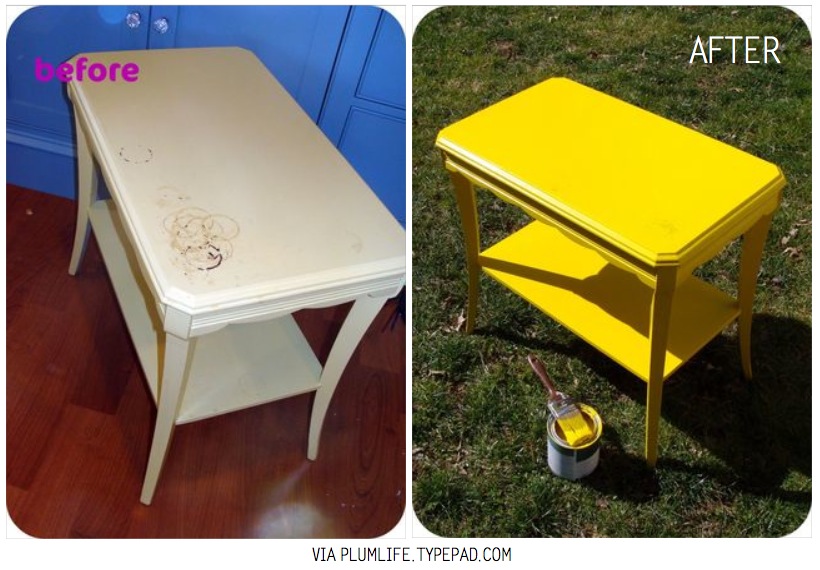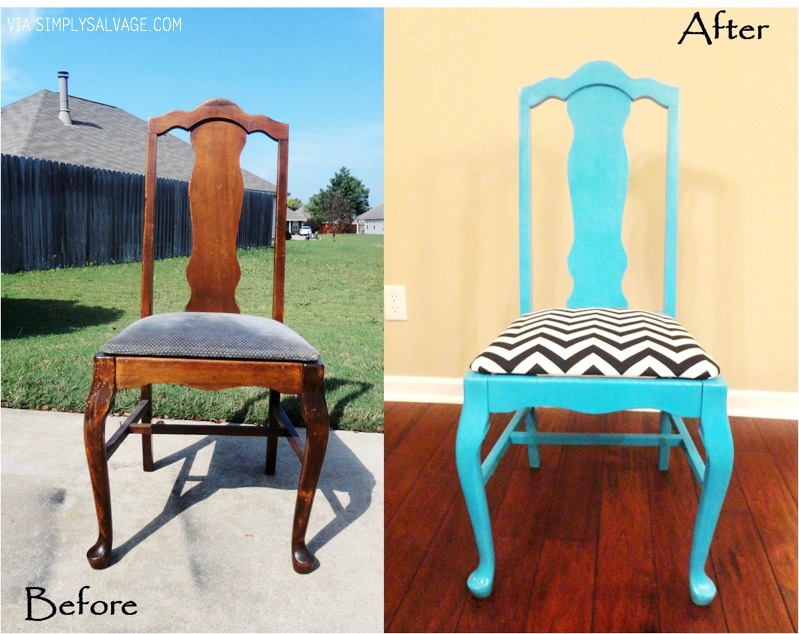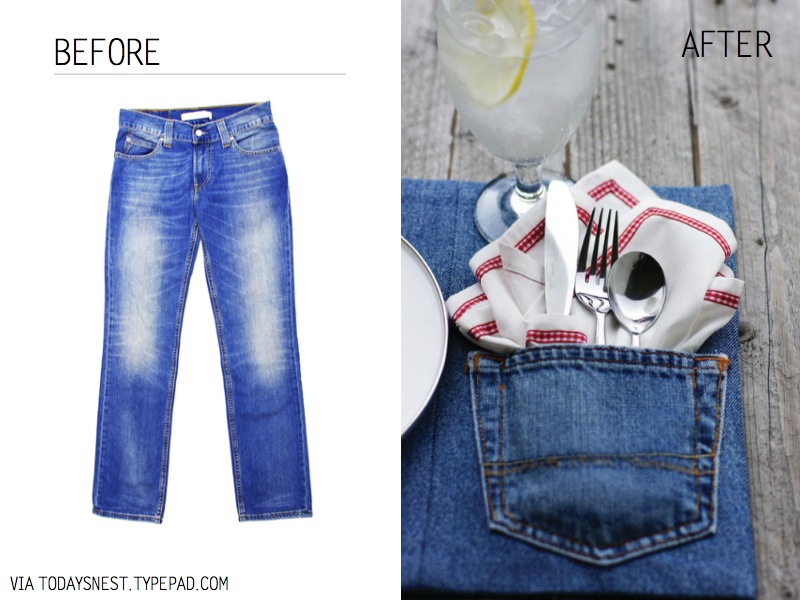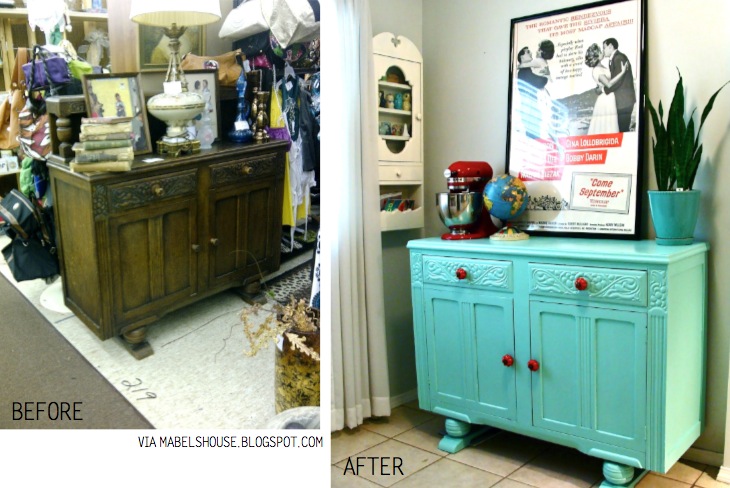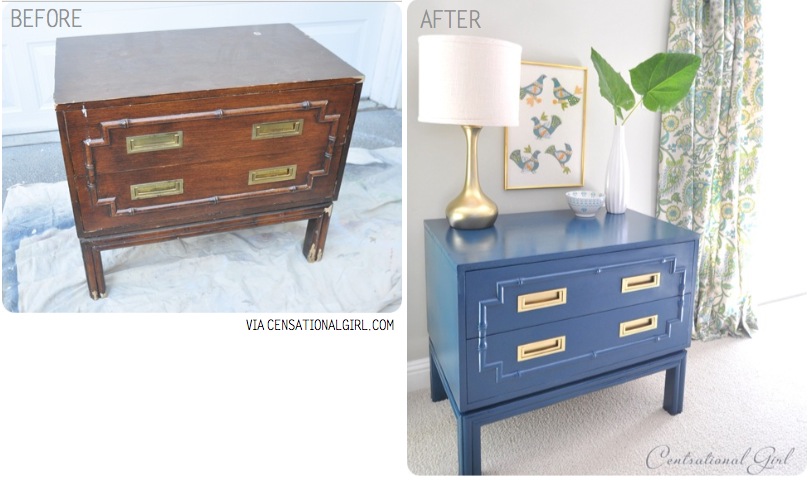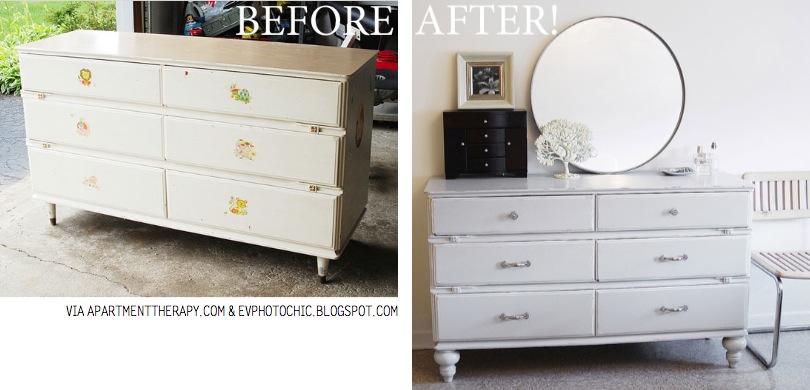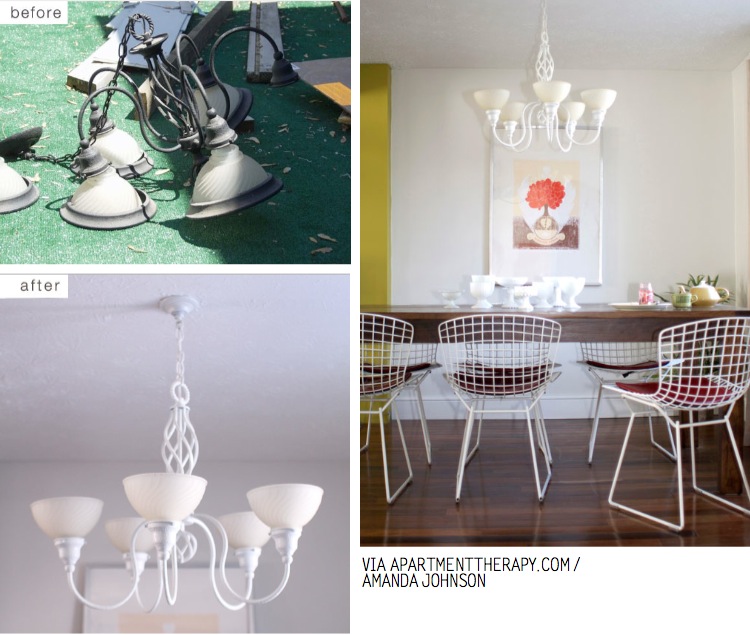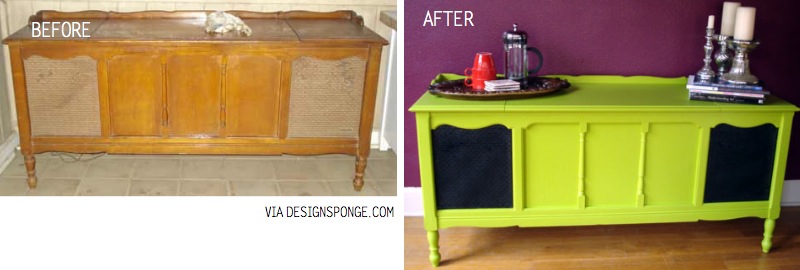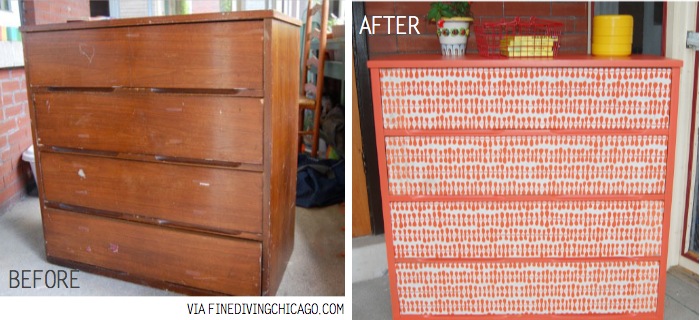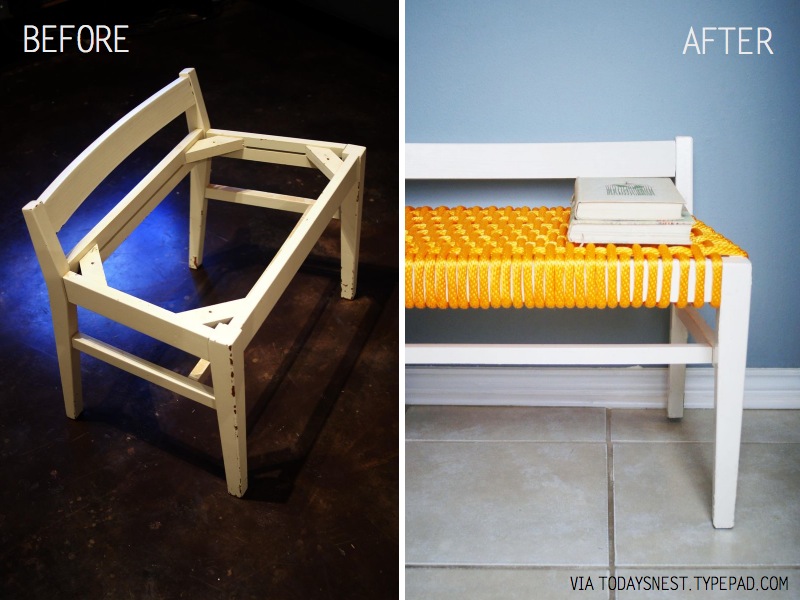A product designed by Dutch designer Pepe Heykoop to be made in an Indian slum has been a runaway success, creating employment for 80 families within a year of launch.
Pepe Heykoop & Tiny Miracles Foundation, Mumbai workshop from Pepe Heykoop on Vimeo.
Speaking to Dezeen in Milan last week, Heykoop said workers making his Paper Vase earned the equivalent of eight Euros per day.
“The ambition is to have 700 people out of poverty in ten years time,” said Heykoop. “We are pretty much half way”.
Initially launched in February last year, Heykoop presented the vase at Ventura Lambrate in Milan this year along with a range of other products he designed as part of a project organised by charity the Tiny Miracles Foundation to lift people out of poverty in Mumbai.
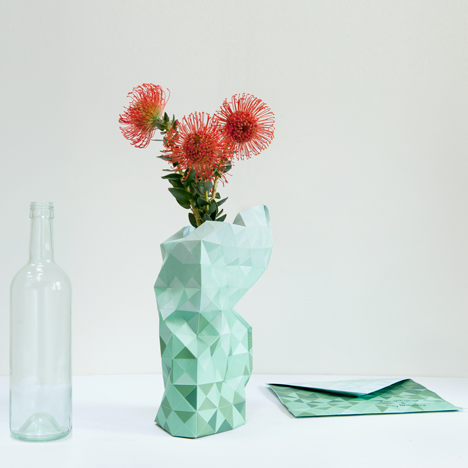
Online orders for the vase are averaging around 100 per day, allowing the foundation to keep 80 families in regular employment.
However the other products proved unsuitable to the project, which struggled for the first couple of years.
“In 2012 we never thought this was actually happening and now there’s light at the end of the tunnel and there’s a really good vibe going,” Heykoop said.
The success of the flat-pack vase – which is made of paper and sewn together – has led Heykoop to develop another folded paper product. Prototypes of his flatpack Paper Lamp were on show at Ventura Lambrate.
“The paper vase was the breakthrough and for 2014 I have this paper folded light, which has the same principal and has been flat-packed in an envelope,” said Heykoop.
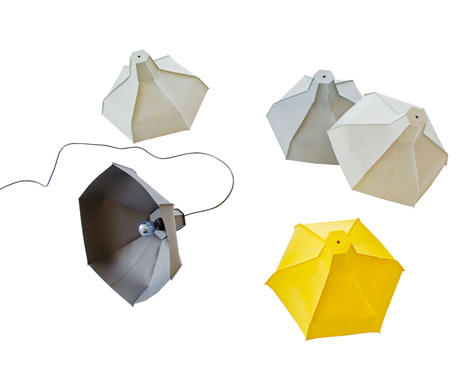
After they’re made, the products are shipped from Mumbai to Heykoop’s studio in Amsterdam then distributed to consumers worldwide. However, if the buyers live east of India then the designs are shipped straight from there to save them travelling all the way around the world.
The Tiny Miracles Foundation, set up in 2010, is half way towards its goal for 2020 to provide 150 families with a wage of ten euros a day – the UNICEF standard for a middle class wage – in return for their production skills.
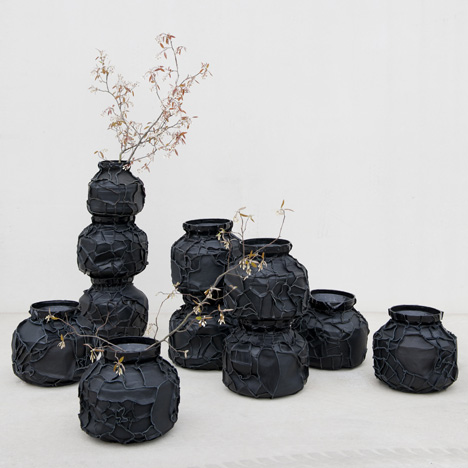
Heykoop’s original ideas for the project were lampshades from lambskin, transforming traditional water carriers into leathery vases, but the products proved difficult for the community to produce and too expensive for consumers to purchase.
“I started off with leather lampshades; they’re like 550 Euros in the shop,” he said. “It’s nice when you sell a bunch of them but you have work and then you don’t have work for a few weeks. These ladies were coming to me and asking ‘can I work next month’, and I wanted to say yes but I couldn’t, because the products were not selling on a daily basis.”
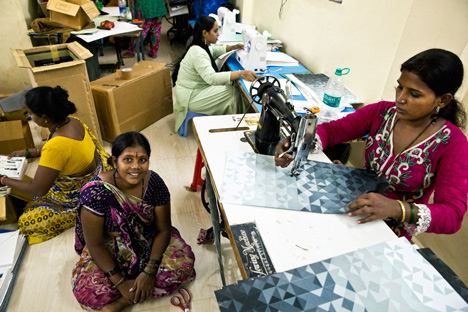
Heykoop hopes to train the families in Mumbai to manage the distribution themselves, so the process becomes contained within the community after the programme finishes in six years time.
This foundation stops in 2020 but it doesn’t mean that this workshop stops in 2020,“ Heykoop explained. "If we stop the workshop in 2020, it will all collapse again. If the foundation stops providing the information, then they should be self sustainable.”
~
Get to know more about Pepe Heykoop @ http://www.pepeheykoop.nl/
All content and images from Dezeen
